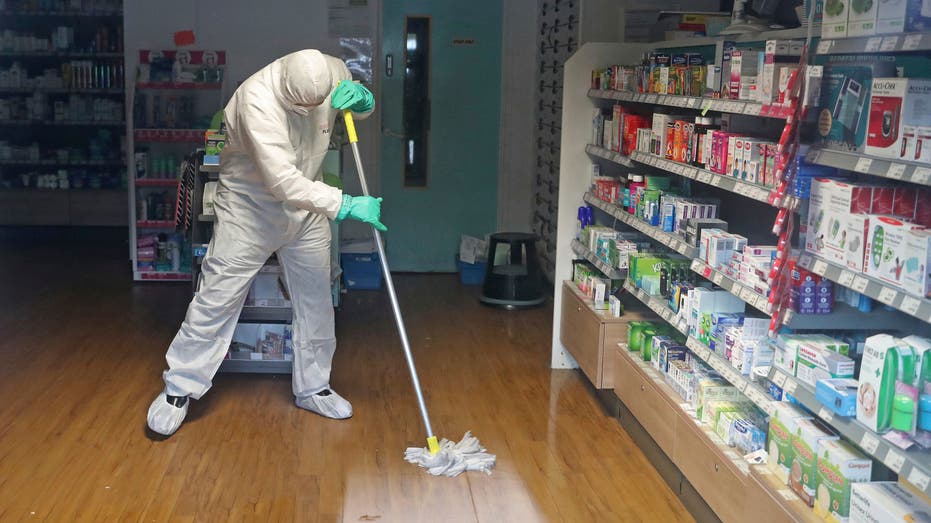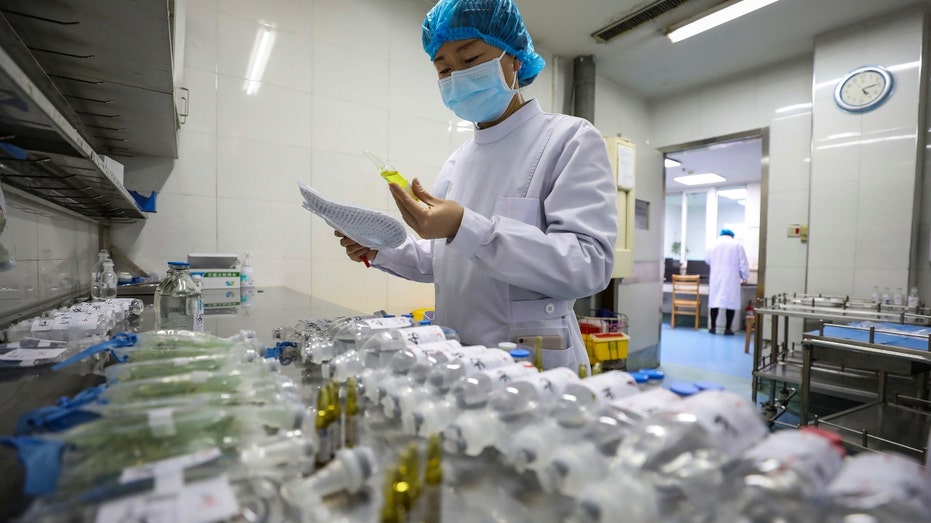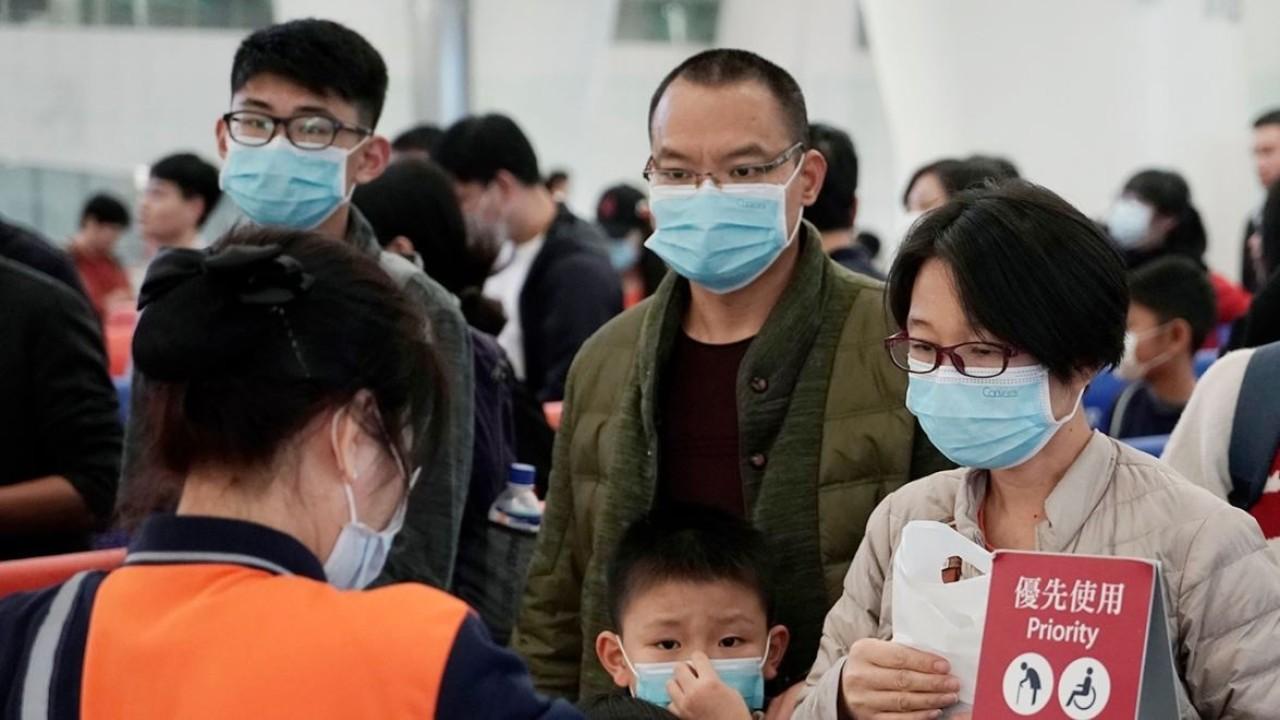Lawmakers prep bills to bring medical supply chain back to US
'We're ready to push this bill forward,' Sen. Blackburn tells 'Mornings with Maria'
Members of Congress on both sides of the aisle are preparing bills that will incentivize bringing the supply chain for U.S. medicine, which is heavily impacted by China, back to America.
The proposals, from Republican Sens. Marsha Blackburn of Tennessee and Josh Hawley of Missouri and others, come amid concerns of a potential medical supply shortage after the Centers for Disease Control and Prevention (CDC) labeled the new coronavirus a "public health threat" on Tuesday and warned that the illness could spread in the U.S.
Fourteen U.S. cases have been confirmed as of Wednesday, according to the CDC.
Blackburn said she and Rep. Anna Eshoo, D-Calif., started working on legislation more than a week ago to bring these specific medical "ingredients back onshore in the U.S. — to bring this manufacturing back," Blackburn said in a Thursday interview on "Mornings with Maria," adding, "We're ready to push this bill forward."

A man in protective clothing cleans the County Oak Medical Centre GP practice which has been temporarily closed "because of an urgent operational health and safety reason." (Steve Parsons/PA via AP)
The topic of bringing the medical supply chain back to the U.S. is largely bipartisan. Eshoo and House Intelligence Committee Chairman Rep. Adam Schiff (D-Calif.) wrote an op-ed about U.S. reliance on Chinese pharmaceutical products for The Washington Post on Tuesday.
CORONAVIRUS CONCERNS SHOWS PHARMACEUTICALS HAVE OFFSHORED SUPPLY CHAIN, NAVARRO SAYS
Eighty percent of all antibiotics in the U.S. come from China and India, according to an August letter from Senate Finance Committee Chairman Sen. Chuck Grassley, R-Iowa.
"There are two parts in our bill," Blackburn explained. "One will bring strategic stockpiles back on U.S. shores, and the second [part] is going to incentivize that production so that we are again making penicillin in the country, making vaccines in the country — things that we have not done. This is the danger when you have regulatory policy that pushes this [medical manufacturing] offshore and you get into a pandemic situation ... this is what you face."
TEXAS COMPANY SAYS IT HAS CORONAVIRUS VACCINE
Hawley is introducing a similar bill to help secure the U.S. medical supply chain and incentivize U.S. manufacturers to produce their supply within the country by requiring medical manufacturers to share shortage predictions to the FDA. It would also give the FDA leniency to take quicker action in the case of a pandemic situation and request information from drugmakers about their manufacturing capabilities.

In this Sunday, Feb. 16, 2020, photo, a nurse prepares medicines for patients at Jinyintan Hospital designated for new coronavirus infected patients, in Wuhan in central China's Hubei province. (Chinatopix via AP)
"The coronavirus outbreak in China has highlighted severe and longstanding weaknesses in our medical supply chain. This is more than unfortunate; it's a danger to public health. Our health officials need to know the extent of our reliance on Chinese production so they can take all necessary action to protect Americans," Hawley said in a statement.
CLICK HERE TO READ MORE ON FOX BUSINESS
"This legislation will give us the information we need to better secure our supply chain and ensure that Americans have uninterrupted access to life-saving drugs and medical devices," he added.
Sen. Marco Rubio (R-Fla.) plans to introduce legislation that would take a more financial approach by creating federal financial incentives and giving tax breaks to medical manufacturers to create medical supplies, pharmaceuticals and equipment within the country, according to Axios Hawley sent a letter to the Food and Drug Administration on Monday demanding answers in response to concerns of medical supply shortages in the U.S. The FDA on Monday issued a press release detailing how the administration inspects drugs from China, saying the administration is actively "surveilling the medical product supply chain for potential shortages or disruptions and helping to mitigate such impacts, as necessary."
GET FOX BUSINESS ON THE GO BY CLICKING HERE
